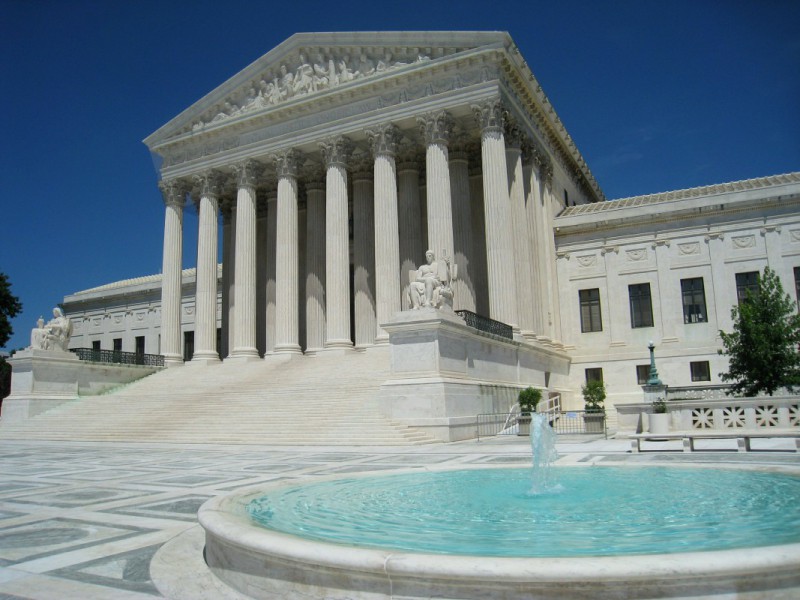In my last article I wrote about stores selling products past their best before date—such as the expired canned lobster pate, which raised demands for legislation against selling expired food products in Canada. I argued that such legislation would be a violation of the sellers’ and consumers’ right to liberty: if stores want to sell expired goods (typically, at a discount) and consumers want to purchase them, they should have the right to do so.
As for the principle of buyer beware: although it is not in the sellers’ interest to sell expired products, human error is possible, and therefore it is in the consumers’ interest to check the best before date (like any other indication of product defects) before making a purchase.
But what about trying to trick consumers to buy expired goods unbeknownst to them—or horse meat as beef, as some “enterprising” meat processors and food companies have recently done in Europe? This issue is entirely different. It involves fraud, and is therefore a violation of buyers’ (the distributors’, retailers’, and end consumers’—any of the defrauded parties’) rights, their right to property in particular. The principle of buyer beware does not extend to cases of fraud, and therefore it does not apply to the sale of horse meat as beef, or to any other scam.
Why would a meat processor or a food company attempt to sell horse meat as beef? The obvious answer is of course the desire to maximize profits: horse meat is cheaper than beef, allowing wider margins for those participating in the fraud. But the problem with such a scheme is that it is unsustainable for very long and is not in the long-term interest of its perpetrators. The scam was revealed quickly, reputations got damaged, many consumers have shifted their demand elsewhere: sales of hamburgers and other beef products have dropped, and share prices of many food companies and retailers selling the fraudulent meat products have declined.
Egoism condemns any violation of the property rights of others for a particular reason: man’s survival and flourishing require material values. The right to property allows us to freely pursue such values, earning and disposing them based on our own goals and choices. When property rights are violated for example through fraud, our ability to pursue values and to live our lives as we choose is undermined. Buyers should be beware—but the government must protect their property rights against fraud.




